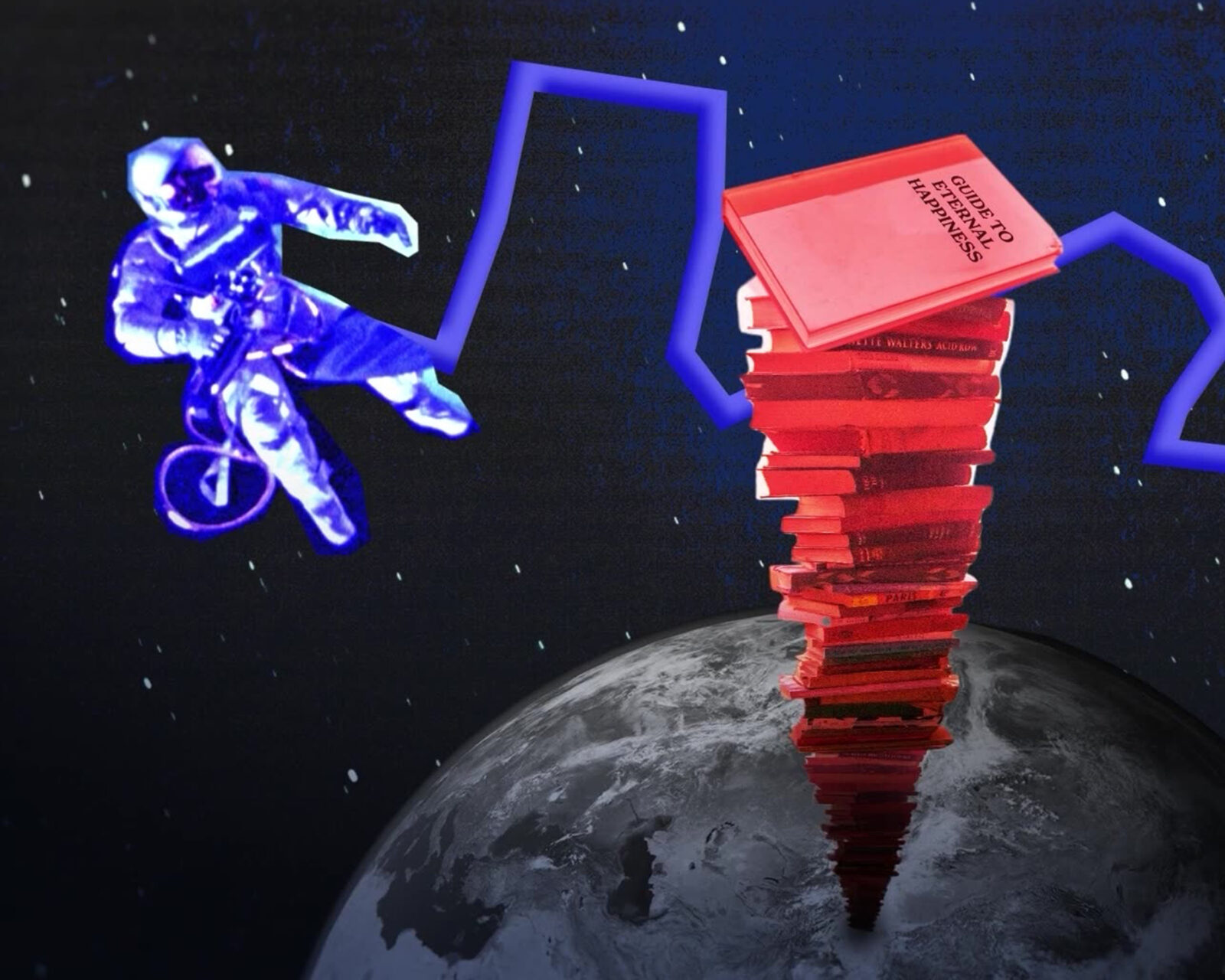Video Transcript
Narrator: Have you ever made a pinky promise? It’s easy, two people take their smallest finger and intertwine them while making a promise out loud. “I pinky-promise to…’ Apparently, this tradition has roots in old Japanese culture. A Japanese dictionary places pinky promises somewhere in the 1600’s to 1800’s, where it is called “yubikiri”, “finger cut-off”. It often came with the vow “Pinky swear, and whoever lies will be made to swallow a thousand needles.” Or, probably, cutting off their finger.
But have you ever stopped to wonder what a promise really is? We say we’ll do things all the time but what’s so special about a “promise”? It seems like a promise is a very special type of commitment between two people to do, or not do, something.
There’s many different types of promises, and they have varying degrees of importance legally or culturally. Different “promises” might also come with different repercussions if they’re broken. Sometimes people might promise by saying “I swear to” or “I swear on” something or someone.
There’s a the difference between agreeing to go to dinner, and promising to go to dinner. There is something deeper being appealed to when you promise.
An oath is another type of promise. Government officials and soldiers often take oaths or promises that go with their station or office of public service. In legal matters, a contract is a promise that is binding and protected by the government.
Philosophers have even tried to establish rules for promises. Immanuel Kant suggested promises should always be kept, while some consequentialists argue that promises should be broken whenever doing so would yield benefits. The sociological effect, or negative consequence of breaking a promise is often just that you are distrustful and dishonest.
Promises that are binding between persons or the seriousness of that promise is related to the substance of what the promise is about. For example, promising to meet for coffee is very different from promising a dying man you will care for his mother.
In the Old Testament, there was a big difference between a promise, a contract, and a very special type of promise, known as a Covenant. A contract often involves the exchange of property between two or more people. But a covenant is different. A covenant involves the exchange of persons, or kinship.
Understanding the term covenant actually unlocks the entire Bible. God made covenants with His people at various stages throughout the Bible. He made a covenant with Adam and Eve, with Noah, Abraham, Moses, and King David. But God was not just making a promise to act, but actually extending his kinship to all people gradually and in stages throughout salvation history. A covenant is the joining of two families, and giving completely to each other. It’s an extension of kinship that also comes with rights, responsibilities, and duties.
In the Old Testament, the covenant would often occur by an ox being split in two, and one party standing on one side, and the other party standing on the other side. They all take turns walking down the middle between the two halves, as if to say “may this happen to us if we break this covenant”.
Staying loyal to promises can sometimes be difficult. There are things outside of our control, or our own weaknesses can get in the way. But promises are in a way are the foundation of meaningful relationships. In the Bible, they are the foundation of God’s relationship with His people. And some of the highest promises or oaths we can make even today extend our kinship, or our family relationships.
Our society is built on promises, in a way. Families and marriages are the building blocks of societies. And marriages are one of the most meaningful promises or oaths we can make, even today. In fact, marriage in the Church means that God is involved in this sacramental promise. When it takes on a significance that is larger than just the couple, or larger than even one family, a marriage can become a sign of the transformational power of a promise.




